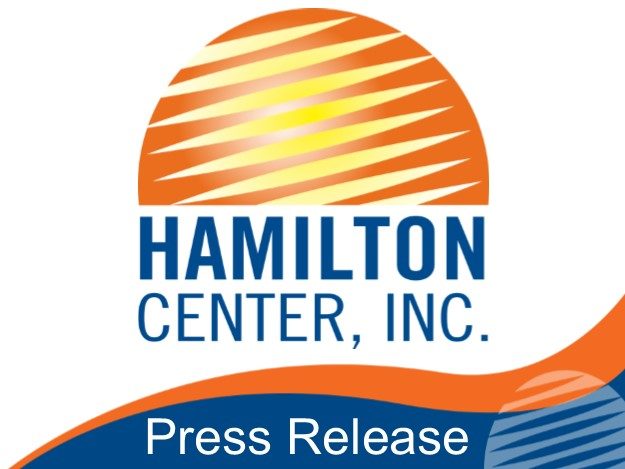A thin but visible line.
As a society we know that medications are a necessity. Antibiotics fight infections; specialized medicines treat unique conditions; chemotherapy medication destroys malignant cancer cells; pain medications block acute and/or chronic pain. Of this list, pain medications are unique in that they carry a level of social stigma that is uncommon when compared to medications used to treat other health issues.
The fact is pain is one of the most powerful forces in human physiology. It can lead to depression, a loss of mobility, decreased cognitive function, and in some cases, thoughts of suicide. For many, this reality leads to a dependency on pain medications, which is often the only viable solution for the “pursuit of happiness”. It can however lead to health risks and even dangerous behaviors like addiction. This evolution of dependency and addiction is preventable with open and honest communication with your prescribing doctor.
Acknowledging the difference between dependence and addiction is an important component of this communication. The Diagnostic and Statistical Manual of Mental Disorders (DSM-5) views substance use disorder as a spectrum disorder in which there is a thin, yet visible, line between dependency and addiction; one that is easily misplaced in the absence of mindful consumption. Someone who is dependent on pain medication may actively follow dosing prescriptions, be more likely to have a moderate or low tolerance for the drug, and even seek to lower or stop dosing all together. Someone who is addicted to pain medication will exhibit compulsory behaviors, tendencies to hide consumption behaviors, a change in personality, and an especially high tolerance for the drug coupled with a desire for a higher dose. The DSM-5 also clarifies the point that to be addicted to something you must experience dependence. Dependence is, in fact, a symptom of addiction. Conversely, dependence does not equal addiction, which is a fundamental concept easily missed in our social discussions related to drug use and abuse.
This distinction is relevant because the transformation from dependency to addiction is preventable, and, most importantly, observable. We know that medications are useful, but they can also be dangerous when consumed outside of the parameters of a prescription. Whether you are the person prescribed the highly addictive medication for your now injured leg, the unfortunate product of an accident, or you are a witness to such, it is important to note that changes in behavior may be a distinct indicator of addiction and should be investigated. While it is the responsibility of the person prescribed the medication to monitor their own consumption, it is imperative that we, as a society, are aware that the evolution from dependency to addiction is not one that happens overnight, nor is it one that knocks at the door. As keepers of ourselves, our bodies, and that of our brothers and sisters we should all keep a watchful eye, with patience and vigilance, so as to prevent the unnecessary suffering of addiction.
If you believe that you, or a loved one, have transitioned from dependence to addiction there are resources available to you. WIN Recovery, formally known as Western Indiana Recovery Services, is an opioid treatment program (OTP) in West Central Indiana. The program is the first of its kind in the area and offers medication assisted treatment, in the form of methadone, to treat the disease process of opioid use disorder by offering daily medication, group and individual counseling, and case management services. For more information about services visit www.winrecovery.org. To set up an assessment, call 1-812-231-8484 or stop by the facility at 88 Wabash Court in Terre Haute, IN. Walk-ins are welcome.
Hamilton Center, Inc. also offers behavioral health services including addictions counseling and case management. For more information on services call 1-800-742-0787 or visit www.hamiltoncenter.org.







